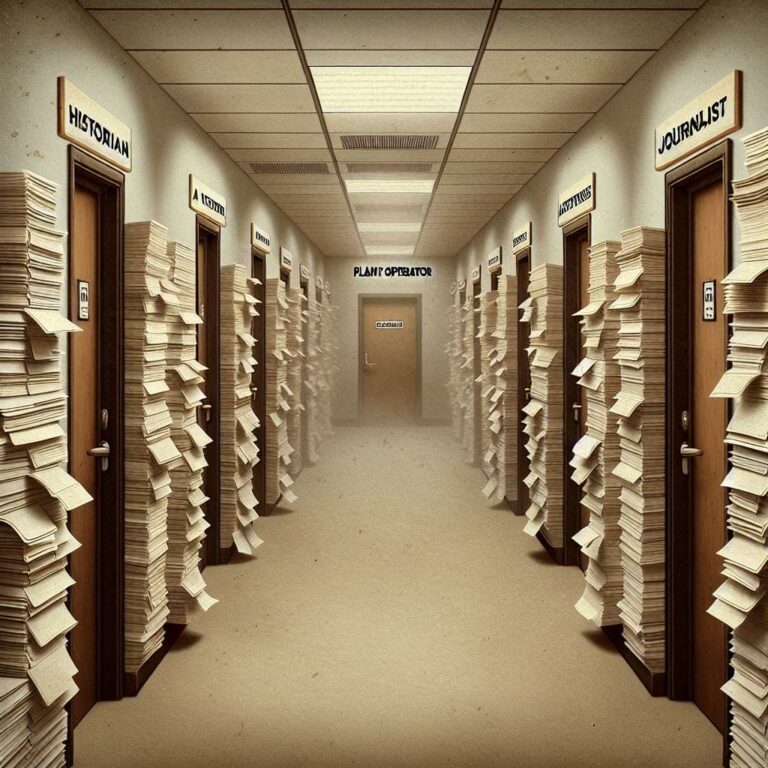Microsoft researchers have released a comprehensive report identifying 40 occupations most susceptible to disruption by artificial intelligence, challenging prevailing assumptions that degree-requiring and teaching roles are safe from technological displacement. Historians, translators, and writers topped the list for highest artificial intelligence applicability, with sales and customer service representatives also facing significant vulnerability. The study finds that most at-risk jobs are knowledge-based, including computer, math, and administrative roles traditionally housed in office environments, as well as sales roles relying heavily on communication and information sharing.
Jobs least exposed to artificial intelligence, such as dredge operators, bridge and lock tenders, and water treatment plant operators, all share hands-on equipment requirements that current generative artificial intelligence systems cannot replace. Nevertheless, industry leaders like Nvidia´s Jensen Huang maintain that every profession will eventually be touched by artificial intelligence, stressing adaptation rather than resistance. Huang noted at a recent conference that while an individual´s job may not be lost directly to artificial intelligence, it could be lost to someone who leverages the technology more effectively.
Perhaps most striking is the report´s implication that higher education no longer guarantees career insulation from artificial intelligence´s reach. Roles like political scientist, journalist, and management analyst—a lineup filled with positions typically requiring at least a four-year degree—were scored as highly applicable for artificial intelligence automation. Researchers concluded that bachelor´s-level occupations show higher exposure than less credentialed roles, based on an analysis of Copilot user data and occupational metrics. While healthcare roles such as home health and personal care aides remain in high demand with low artificial intelligence exposure, those pursuing degrees in education or business may also face future instability; farm and home management educators, postsecondary business, economics, and library science teachers were all named at-risk professions.
For Generation Z, which has sought refuge in education after witnessing technology sector volatility, the findings upend the notion that teaching is a future-proof career. Education was among the fastest-growing industries for recent graduates in both the UK and US. However, Microsoft’s research highlights that even such ‘safe’ sectors are on the cusp of transformation. The full lists provided show a clear divide: at one end, a set of specialized, equipment-dependent jobs resistant to artificial intelligence penetration; at the other, an expanding roster of white-collar roles where generative artificial intelligence could cause sweeping change. The report, however, cautions that its measurement is confined to current generative artificial intelligence models, and other forms may soon disrupt additional industries, such as trucking or machine operation. Microsoft declined to comment on these findings when contacted.

